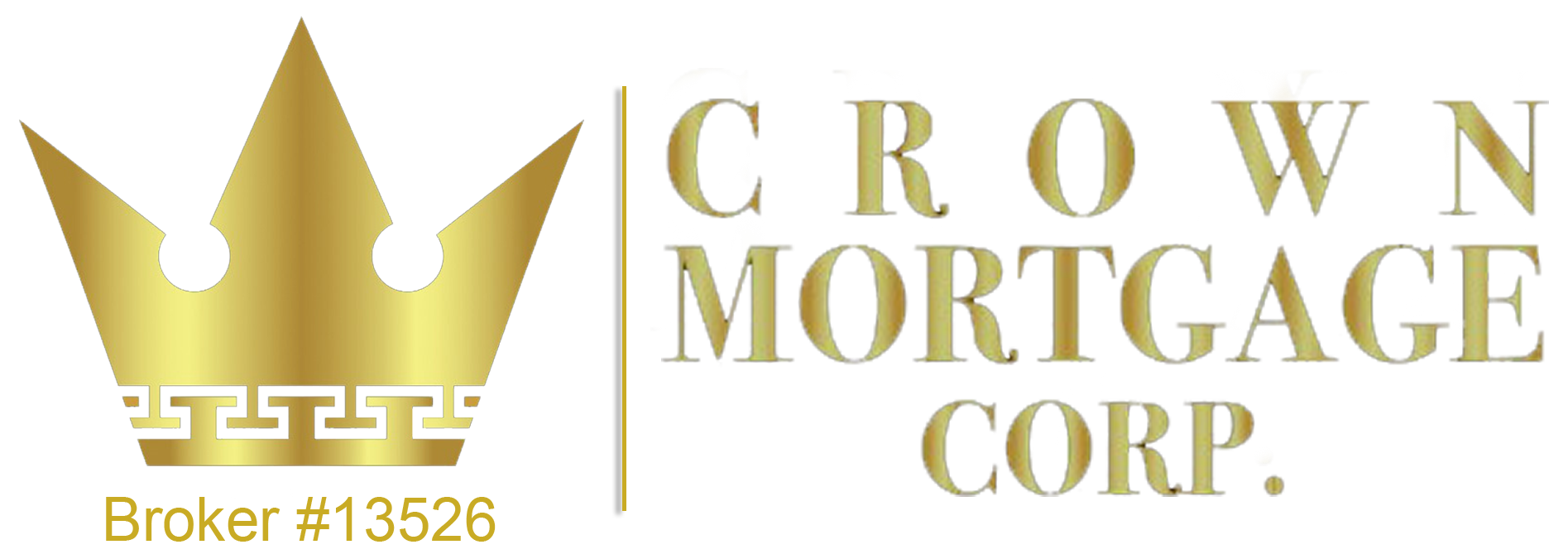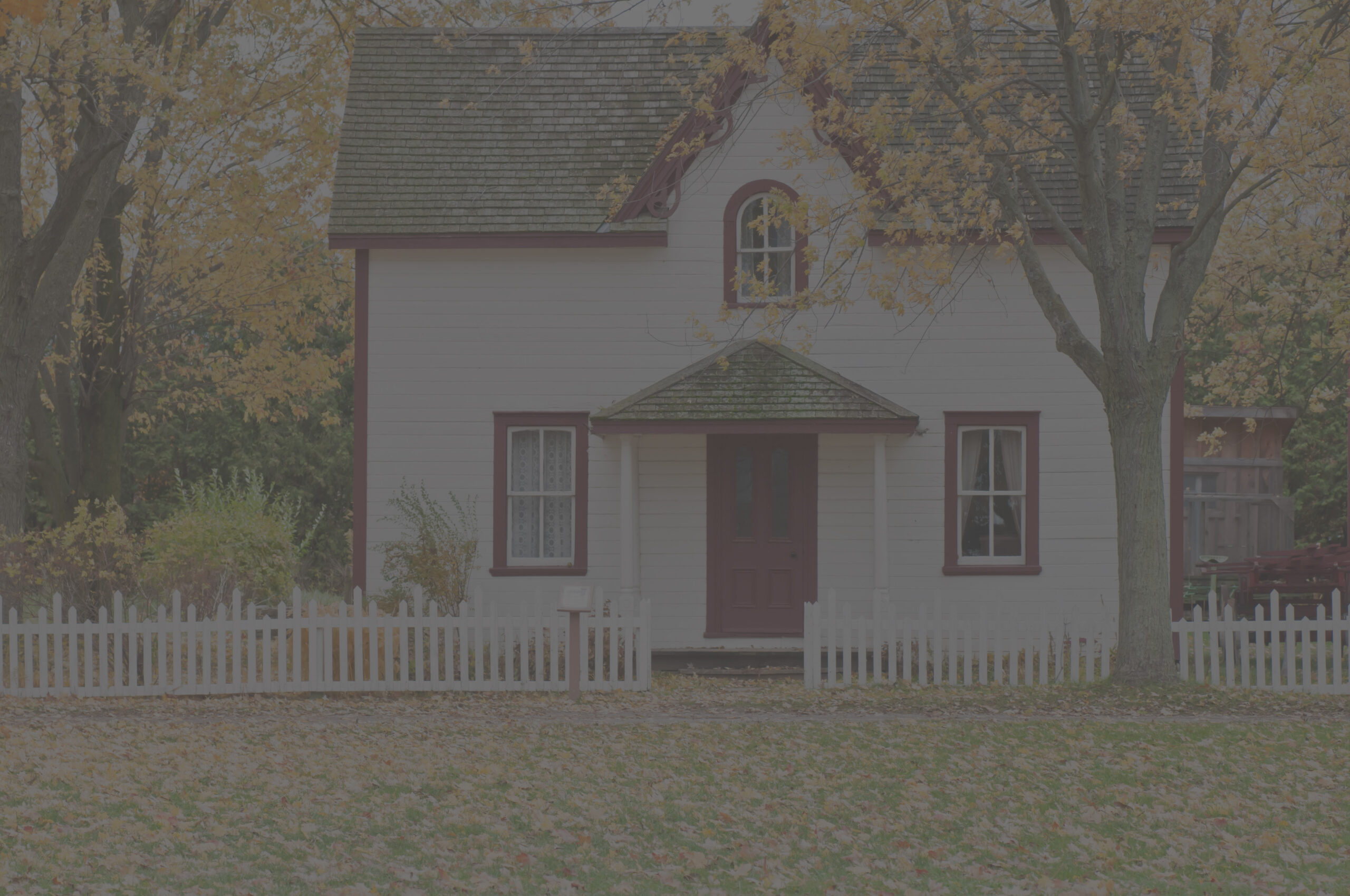It’s good to understand what being a “first-time home buyer” means in Ontario, especially if you intend on making use of any provincial assistance programs.
Being considered a first-time home buyer in Ontario means you have never owned a home — in full or in part — anywhere in the world. That also holds true if you owned property that you didn’t technically buy. If you previously received a home as a gift or inheritance, for example, the government of Ontario won’t consider you a first-time buyer.
With that little bit of housekeeping out of the way, let’s look at three tactics that can help you buy that first home.
Your down payment and finances
Canada’s mortgage lending rules state that buyers must provide at least a 5% down payment on homes that cost less than $500,000. If a property costs more than that, your downpayment has to be even larger.
In addition to doing everything you can to save a substantial down payment, it’s a good idea to speak to your bank’s mortgage advisor, a direct lender or a mortgage broker early in your home buying journey.
An experienced mortgage professional can run the numbers for you, calculate how much home you can afford and even provide a mortgage pre-approval for that amount. They can also suggest strategies for strengthening your overall finances before applying for a loan.
Even if your bank does have mortgage advisors you can talk to, it’s still good practice to talk to a broker, too, as they can introduce you to non-bank products that may be better suited to your needs.
Explore first-time home buyer programs in Ontario
Ontario Land Transfer Tax Refund
If you fit the definition of a first-time buyer, you may be eligible for a refund of the provincial land transfer tax that’s among the closing costs you’ll be required to pay. The refund maxes-out at $4,000 for homes with a value higher than $368,000. No land transfer tax is charged on homes worth less than that.
To qualify for the full refund, you must:
- Be at least 18 years old.
- Be a Canadian citizen or permanent resident of Canada.
- Live in the home as your principal residence within nine months of registering it in your name.
For married homeowners, a spouse’s property history can affect the size of the refund. If your spouse acquired property individually while the two of you have been married, for example, neither of you would be eligible to claim the exemption, even if the next purchase is your first home. But if your spouse’s property was purchased or inherited before you got married, you may still be able to claim a full or partial refund.
To qualify for the refund, you must apply for it within 18 months of registration.
First-Time Purchaser Rebate (Toronto only)
First-time buyers can receive additional tax relief if they purchase a new-build or resale residential property in Toronto.
All of the requirements for Ontario’s provincial rebate program apply to this municipal rebate as well, but the maximum amount here is $4,475. If you qualify for both, you could shave $8,475 from your total closing costs.
Local Homeownership Programs
Some Ontario municipalities run programs to help residents in their search for homes. The following initiatives aren’t specifically for first-time buyers, but if one seems suitable to your needs, don’t hesitate to investigate further:
- The Region of Waterloo, which includes housing hotspots Waterloo, Kitchener and Cambridge, offers eligible residents a 5% loan they can use for a down payment on properties worth $506,000 or less. To be eligible, your household income needs to be $101,300 or less, and you must have resided in the region for at least the last 12 months.
- Simcoe County’s Homeownership Program provides a loan of up to 10% of the purchase price for down payment purposes. The loan is completely forgiven if you live in the home for 20 years. If you sell before then, however, you’ll have to repay the loan in full plus a percentage of the capital gains. Eligible properties must be valued at $593,879 or less; eligible participants must be renters earning a gross household income of no more than $103,200.
- Renter households in Kingston or the surrounding County of Frontenac that earn a pre-tax income lower than $91,000 can apply for a forgivable loan to help build their down payment. The loan is worth up to 10% of the purchase price of a home priced at $440,000 or less.
- The Affordable Homeownership program in Chatham-Kent offers applicants earning a gross household income of $80,100 or less 10% of the purchase price of a home, up to a maximum of $25,000. The funds are delivered as a 20-year, interest-free loan.
- Similar programs also exist in Brantford, Dufferin County and the District of Muskoka.
- Low-to-moderate income families in the Greater Toronto Area can also apply for housing through Habitat for Humanity, which builds multi-unit properties across the city.
Federal programs for first-time buyers in Canada
The First-Time Home Buyer Incentive
The Home Buyers’ Plan allows you to take up to $35,000 out of an eligible registered retirement savings plan, or RRSP, tax-free so you can put it toward the down payment of your primary residence.
In order to qualify, you must:
- Be a first-time buyer.
- Be a resident of Canada from when you withdraw the funds until your home is bought or built.
- Intend to use the home as your principal residence within a year of buying or building it.
The funds can be taken from your RRSP tax-free, but they must be repaid within 15 years.
If these programs won’t work for you, there are a few more federal first-time home buyer grant and assistance programs worth investigating, including an easy to claim tax credit.
The bottom line
There’s a lot of frustration, and even anger, among first-time home buyers in Ontario, who feel like home ownership in the province is becoming unattainable.
It’s undoubtedly hard, but don’t let yourself be intimidated. You won’t know what’s possible until you give it a shot. To get started, follow the tried and true first-time home buyer tips:
- Create a budget — and commit to it — to keep your down payment savings on track.
- Try to generate as much income as possible. That may mean looking for a higher-paying job or taking on a roommate.
- Keep an eye on the market to see if competition is heating up or easing a little.
- Get guidance from professionals who understand both the real estate and mortgage landscapes.
And don’t take it personally if the market doesn’t cooperate. There’s nothing wrong with delaying your plans until buying a home fits more comfortably in your budget.




